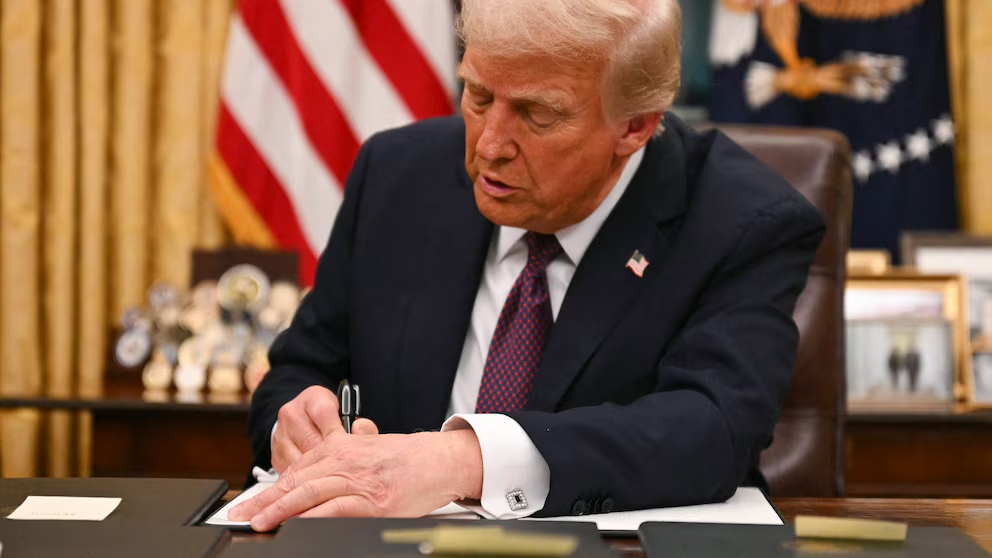Adis Ababa,Ethiopia-Ethiopia faces significant repercussions from President Donald Trump’s 90-day suspension of U.S. foreign aid programs, potentially undermining the country’s efforts to manage ongoing crises.
However, some of the biggest recipients of U.S. assistance, including Israel 3.3 billion U.S. dollars per year, Egypt 1.5 billion U.S. dollars per year and Jordan 1.7 billion U.S. dollars per year, are unlikely to see dramatic reductions, as those amounts are included in long-term packages that date back decades and are in some cases governed by treaty obligations.
Ethiopia received 1.2 billion U.S. dollars in U.S. assistance in 2024, making it heavily reliant on American support. Trump’s executive order temporarily halting foreign aid disbursements aims to reassess aid programs for alignment with his policy goals, criticizing the “foreign aid industry” for undermining U.S. values.
The immediate financial impact remains unclear, as Congress has already obligated funding for some programs, which could limit the suspension’s reach.
However, the order puts 719.9 million U.S. dollars for emergency response and 118.1 million U.S. dollars for food security in Ethiopia at risk. With over 20 million Ethiopians in need of humanitarian aid, any disruption could exacerbate food shortages and displacement.
Additionally, 85.49 million U.S. dollars for basic health programs and 63.07 million U.S. dollars for agriculture could be frozen, affecting public health and livelihoods in rural areas.
The halt also threatens Ethiopia’s disarmament and reintegration efforts for ex-combatants, potentially undermining fragile peace in conflict-affected regions.
Ethiopia ranked 1st out of 43 countries in the East Africa region and 1st out of 29 low-income countries in receiving the most aid from the US.
Telegaraf News

